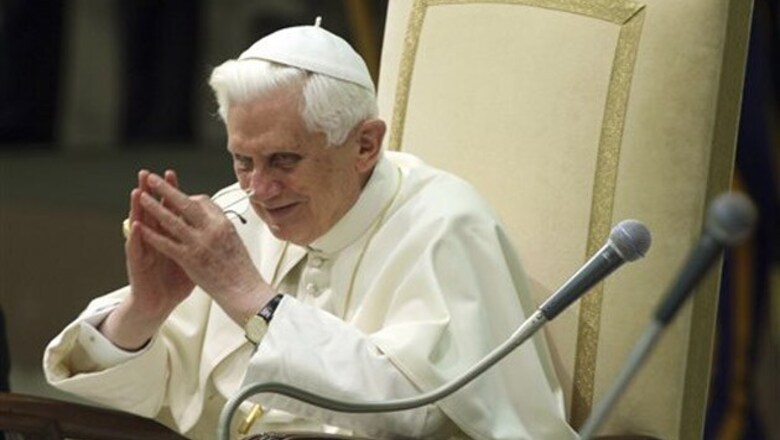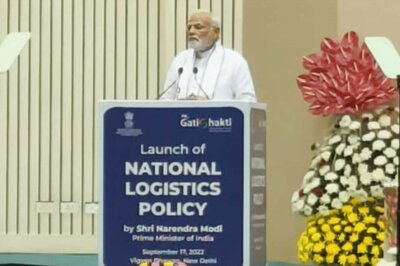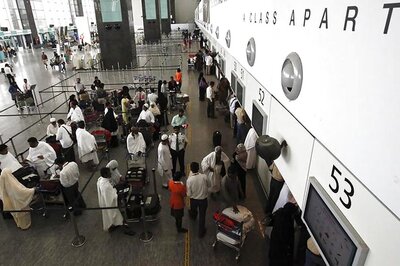
views
Vatican City: Pope Benedict XVI on Tuesday outlined his most tangible initiative yet to try to revive Christianity, creating a Vatican office for re-evangelising Europe and other traditionally Christian regions where faith is falling by the wayside.
In an official decree, Benedict said the new office would work with bishops to promote Church doctrine, use modern communication methods to get the Church's message out and mobilise missionary-type activities using members of religious orders and new religious movements.
But even on its first day of existence, the Pontifical Council for the New Evangelisation ran into an all-too-typical Vatican snag: The four-page decree instituting the office was issued only in Latin and Italian, even though the Pope announced the office's creation four months ago.
Asked how the Pope expected to bring the Church's message to the world in such relatively unknown languages, the head of the new office, Monsignor Rino Fisichella said he hadn't been in charge until Tuesday and wasn't responsible for how the decree was issued.
He stressed that he planned to have language sections in his department to deal with the faithful in English, Spanish, French, Portuguese, Italian, German and Slavic languages.
And the Vatican spokesman said the decree would eventually be published in other languages.
Fisichella denied the creation of the office was a mere bureaucratic attempt to fix a complex cultural phenomenon, saying Benedict had made an astute, pastoral decision to focus attention on a growing problem that had preoccupied popes for decades.
Benedict has made reviving Europe's Christian roots a priority of his papacy and has concentrated his foreign travels on the continent. While the decree listed no specific geographical areas where it will concentrate, the evangelisation office is also expected to pay attention to Latin America, where evangelical movements are making inroads in traditionally Catholic countries such as Brazil.



















Comments
0 comment